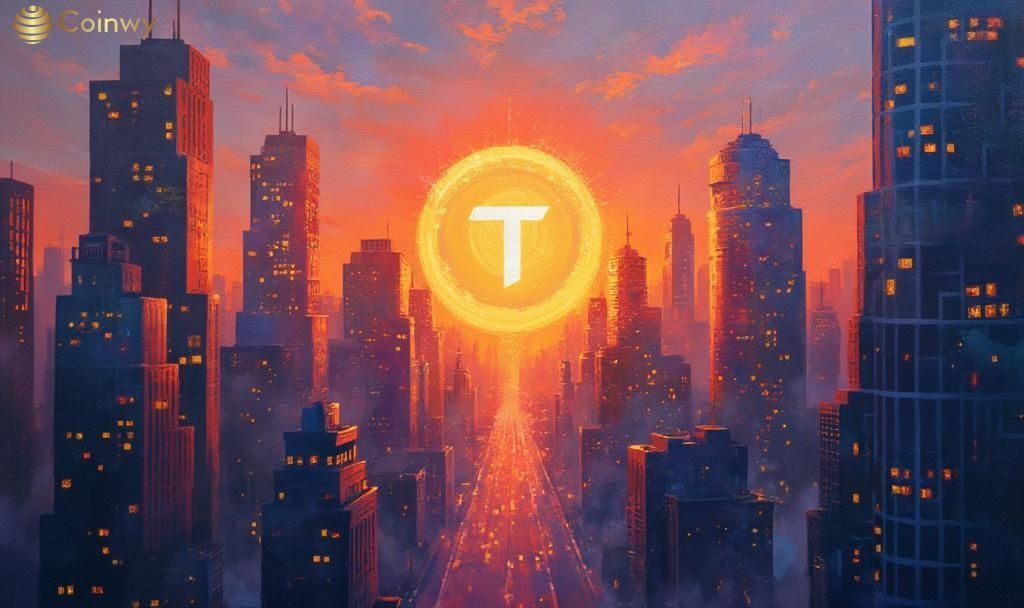- Binance and Coinbase do not list Pi Coin.
- Pi’s listing blocked due to transparency issues.
- Community’s listing demand remains unmet.
The decision highlights transparency and security standards affecting token listings, with implications for Pi Network’s market exposure due to missing exchange validations.
Transparency and Security Concerns
Binance and Coinbase’s reluctance to list Pi Coin despite community approval centers on transparency and security concerns. The exchanges highlight the closed nature of Pi Network’s blockchain and absence of a third-party security audit. The decision impacts Pi Coin’s market perception. Binance and Coinbase listings significantly boost token credibility and liquidity. Without listing, Pi Coin’s market adoption and price face challenges. The token’s price fell over 73% in the last 10 weeks.
Major exchanges require rigorous security evaluations to protect users and comply with regulatory standards. The analyst revealed that unverified audit claims have been contradicted by ‘official disclaimers.’ Furthermore, there is no reliable documentation or source to verify that Pi Network has ever been audited. — Kim H. Wong, Analyst
Community Feedback and Market Adoption
Investors sense risk due to non-listing, affecting trading sentiment. The Pi community’s 86% ‘YES’ vote in Binance’s poll contrasts with the lack of exchange validation. Community support isn’t overcoming listing hurdles.
Long-term impacts pose questions on smaller tokens’ listing standards. Past examples show projects with incomplete transparency often face stagnant market values. The situation underscores potential challenges for community-driven projects seeking major exchange listings.
Expert analysis warns that the absence of rigorous audits might discourage institutional interest. Transparency and security evaluations reinforce trust, impacting Pi Network’s broader adoption and credibility.






